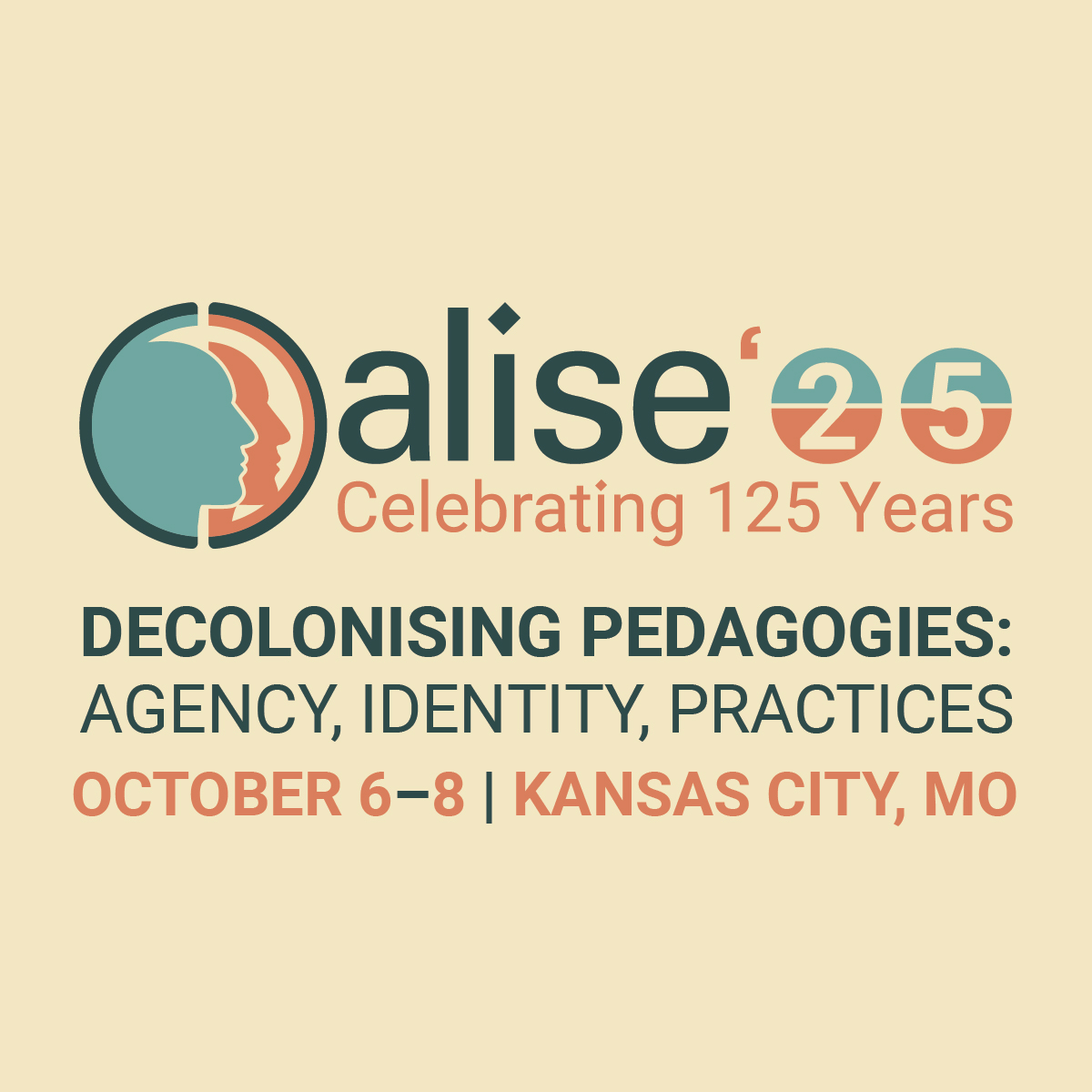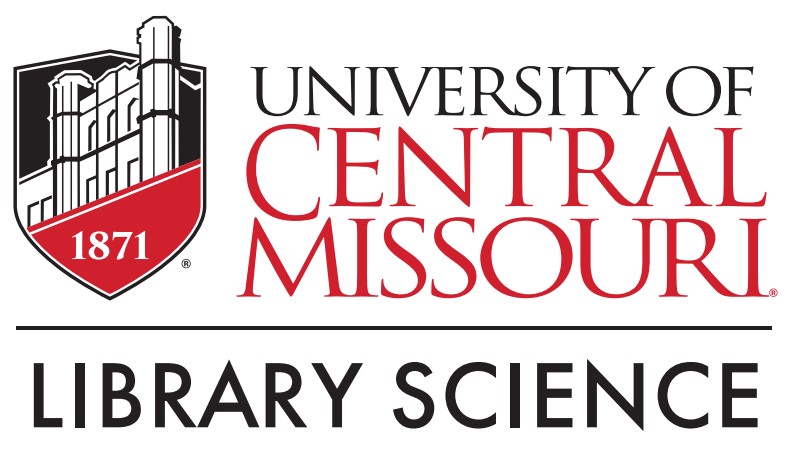 Decolonising Pedagogies: Agency, Identity, PracticesThe outcomes of ALISE 2024 make a natural segue to shift our focus from the impacts of technology to another crucial aspect of library and information science education - the influence of our humanity on our work. In an era where society is often promoted as monolithic, it becomes even more imperative to consider the diverse human factors that shape our work as information professionals and educators. In recent years, language has shifted to redefine intersectionality, identity, and heritage in ways that have been confusing, unsettling, and problematic throughout the United States, Canada, the Middle East, Africa, Asia, Europe, Australia, and New Zealand …. worldwide. In our realm of the global scholarly discourse, library and information science education has been wrestling with these concerns for our collection humanity: the impacts of technological evolution with artificial intelligence (AI) on the one hand and the impacts of movements towards book bans, censorship, anti-DEI, anti-heritage, anti-queer, and anti-womanhood on the other hand. This balancing of a collective embodied agency begs a few questions for our consideration:
To make space for us to contemplate these questions, this 2024-2025 year is framed around the theme "Decolonising Pedagogies: Agency, Identity, Practices." This theme infers a profound respect for how we, in LIS education, engage with agency, identity, and practices in our pedagogy. The theme invokes a critical inquiry into our pedagogy as a holistic and authentic expression of each of us as diverse, complex, and divine human beings who research, teach, and practice library and information science. By honoring our best selves, we share that self with our students and community members to inspire them to walk with empathy and care of the human condition as an intricate labyrinth of interdependent identities and heritages essential for knowledge sharing, professional success, and personal happiness. Decolonising Pedagogies: Agency, Identity, Practices connects with ALISE’s first strategic direction: Innovative Pedagogy, Teaching, and Creative Content Delivery informed by evidence-based research. I hope we embrace this theme to critically examine and improve our approach to teaching library and information science, emphasizing innovative methods and cross-disciplinary collaboration based on evidence-based research. These are politically charged times: some colleagues may baulk at the term “decolonising” in this year’s theme. However, I posit that this English-language concept is accessible to every person and group so that you can unpack and process the term to your understanding. For us LIS educators, I want us to think of the term “decolonising” as a framework that includes the concepts of criticality, competency, local, global, care, reciprocity, and accountability. With this conceptual framework, we can ask ourselves many questions about what it means to redo, remake, innovate, and decolonise our pedagogical identity, agency, and practice in LIS. However, the bottom line to decolonising pedagogy is how it is threaded into the science of librarianship and the information professions. According to physicist and cosmologist Dr. Chanda Prescod-Weinstein, in her article “Decolonising Science” on Medium.com, “science IS a pedagogical, cultural, and intellectual set of interlocking structures, ideas, and practices” (para. 6). For this year, we are going to interrogate and unpack the science of library and information science as it applies to our collective humanity as information educators, scholars, and practitioners. Proposal Formats and TopicsThus, for this conference, we seek to invoke conversations and reflections from everyone in LIS because we LIS faculty, tenure-track, tenured, and adjuncts are educators alongside LIS practitioners on the front lines in universities, schools, archives, galleries, and museums in the public sphere. We welcome papers, presentations, and posters from all LIS faculty and practitioners locally, regionally, and globally who do work in galleries, libraries, archives, and museums (GLAM) to share their research, qualitative and quantitative, equitably, in the forum of the ALISE 2025 conference. We seek proposals in various formats, such as:
Proposals can center around various topics related to the theme, such as how you approach the following issues pedagogically in the LIS classroom, GLAM, or instructional spaces, in your research, or professional practice as follows: Agency in Decolonising Library and Information Science in Pedagogy
Identity and Representation in Library and Information Spaces
Heritage and Identity Informing Pedagogical Practices in Library Education
Global and Comparative Perspectives
Technology and Digital Spaces
Policy, Ethics, and Professional Practices
Intersectional Approaches
Professional Development and Collaboration
We embrace the realm of possibilities for these conversations by actualizing the concept of “utilizing our resources,” which means honoring who we are within our collective by centering the wisdom, knowledge, gifts, and talents of our LIS educator tribe. Proposals will be double-blind peer-reviewed.
Celebrating 125 years of ALISEThroughout the year, ALISE Innovative Pedagogies SIG Chair Dr. Tony Dunbar of Dominican University’s LIS program spearheads the conference planning committee, with conference co-chairs Amanda Folk, an academic librarian from Ohio State University, and Vanessa Chacha Centeno, a public librarian from Sacramento Public Library system. The ALISE 2025 Conference Planning Committee wants to ensure that the theme is as inclusive as possible on the land where the conference will be held: Kansas City, Missouri. The year will culminate with the conference keynote plenary speaker being one of our own - our fellow LIS faculty colleague from the UCLA iSchool, Dr. Safiya Umoja Noble, who is also an ALISE member and author of the New York Times bestseller Algorithms of Oppression (2018). We asked Safiya if she would come. She said, “What’s the theme?” We said, “Decolonising Pedagogies: Agency, Identity, Practices,”and she said, “Yes!” Safiya is excited to attend this conference to discuss what it means to decolonise pedagogy at the intersection of technology and humanity in LIS practice. Also, in case you don’t know, this year, 2025, we are celebrating 125 years of our collective as a LIS association. ALISE, as we know it today, was founded 110 years ago in 1915 as the Association of American Library Schools. In 1900, LIS educators made the first declaration to organize library school educators (Sullivan, 1986). We are going to incorporate ways to celebrate this milestone. If you haven’t submitted to present at ALISE before, we highly encourage you to do so to commemorate ALISE’s history and heritage and for you to be a part of its ongoing legacy. If it’s been a while since you’ve been to ALISE, come back to the conference to enjoy the memories and (re)connections we are building. We look forward to receiving a rich, wide variety of proposals that will garner enthusiastic discussion, raise challenging questions, and invoke profound reflection on the progression of the LIS identity and advancement of LIS pedagogy in the LIS classroom, instructional spaces, and community-based GLAM settings worldwide. The ALISE Board and I anticipate a highly attended conference where we will all enjoy learning together and inspiring one another in innovative ways. Vanessa Irvin, ALISE President 2024-2025 With: ReferencesNoble, S. U. (2018). Algorithms of oppression: How search engines reinforce racism. NYU Press. Prescod-Weinstein, C. (2015, April 25). Decolonising science reading list: It’s the end of science as you know it. Medium.com. https://medium.com/@chanda/decolonising-science-reading-list-339fb773d51f Sullivan, P. (1986). ALA and library education: A century of changing roles and actors, shifting scenes and plots. Journal of Education for Library and Information Science, 26(3), 143–153. https://doi.org/10.2307/40323236
Thank You to Our Sponsors, Exhibitors, & Supporters!Plenary Presentation Sponsor CDDC Meeting Sponsor & Leadership Development Internship Sponsor125th Anniversary T-Shirt Sponsor & Session Sponsor ALISE Excellence in Teaching Award Sponsor Exhibitors Mobile App Sponsor Coffee Break Sponsors
Friends of ALISE
Leadership Development Program Sponsors
Doctoral Student Poster Session Reception Supporter
ALISE Award for Professional Contribution to LIS ALISE/Connie Van Fleet Award for Research Excellence in Public Library Services to Adults ALISE/ProQuest Methodology Paper Competition Sponsor Indiana University- Bloomington ALISE/Pratt-Severn Faculty Innovation Award Sponsor ALISE/Norman Horrocks Leadership Award |




